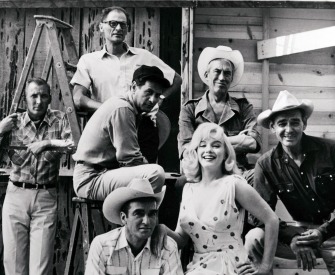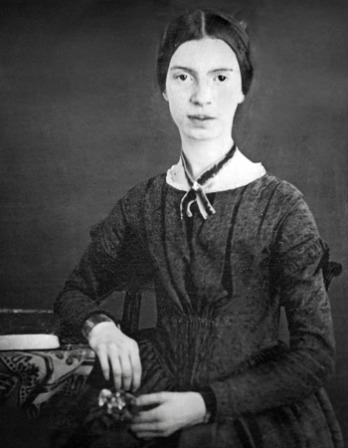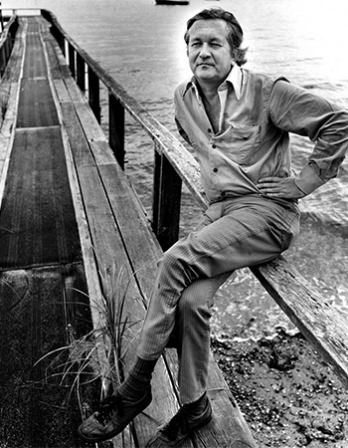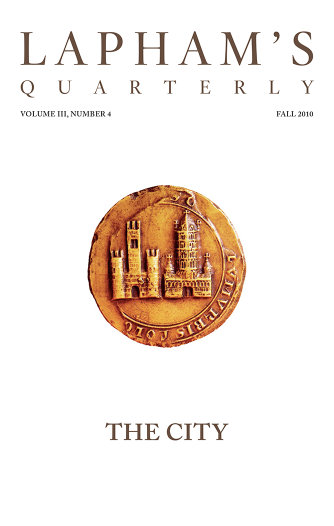There’s been a death in the opposite house
As lately as today.
I know it by the numb look
Such houses have alway.
The neighbors rustle in and out,
The doctor drives away.
A window opens like a pod,
Abrupt, mechanically;
Somebody flings a mattress out—
The children hurry by;
They wonder if It died on that—
I used to when a boy.
The minister goes stiffly in
As if the house were his,
And he owned all the mourners now,
And little boys besides;
And then the milliner, and the man
Of the appalling trade,
To take the measure of the house.
There’ll be that dark parade
Of tassels and of coaches soon;
It’s easy as a sign—
The intuition of the news
In just a country town.
From an untitled poem. Dickinson wrote to a friend in 1858 from her childhood house in Amherst, where she lived most of her life, “I do not cross my father’s ground to any house or town.” She liked to compose poems in her bedroom; although she wrote over seventeen hundred of them, she published only a handful. Helen Hunt Jackson, who later placed one of Dickinson’s poems in an anonymous collection, wrote to her, “You are a great poet—and it is a wrong to the day you live in that you will not sing aloud. When you are what men call dead, you will be sorry you were so stingy.”
Back to Issue





